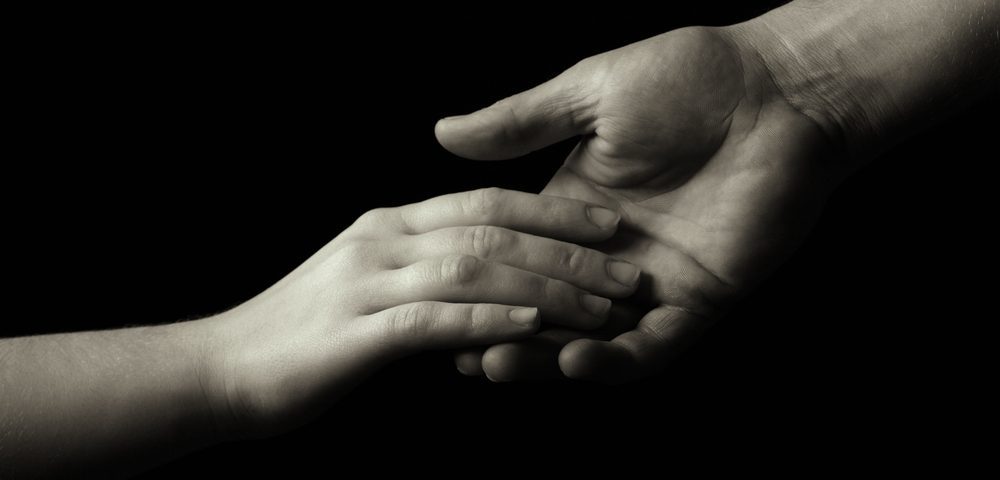Dealing with the Fear of Losing Independence
Written by |

One of the hardest things about the diagnosis of a progressive illness is grappling with how your disease will affect your future independence. It can be scary and painful to think about how, as your disease progresses, you will become more and more reliant on other people.
Many disabled people have needed to rely on others throughout their whole lives, but there is something uniquely strange about having time to prepare for that transition.
At the moment I am relatively well and live a relatively normal life, so it seems silly to make life decisions based on what I’ll need in the future. However, questions such as “Do I need to live close to my parents?” should be considered by people in my position.
Many who receive a diagnosis later in life are married or have matured children, so it’s more obvious who the responsibility of care will fall to, but as a young person, it’s daunting and confusing to wonder what my need for care and support might look like.
In previous columns, I have touched on how pulmonary hypertension can complicate romantic relationships, but the dynamic of “If I’m in a committed long-term relationship, I am essentially asking them to be my carer at some point in our lives, or at least actively participate in my care” … that’s a whole new kind of complicated.
There isn’t much in the way of representation for struggles like this in mainstream media, but one movie I really like that broaches this topic is “Love and Other Drugs.” It features a young woman with Parkinson’s wrestling with her attitude toward relationships and accepting love as she becomes increasingly unwell.
Many people with serious illnesses struggle with the idea of being a burden. What this film highlights that really resonated with me, is that, regardless of any disease, you will come across people who need you just as much as you need them.
The film also deals with the complicated phenomenon of loved ones’ obsession with the possibility of a cure, and how damaging this can be for someone who’s already processed the implications of living with an incurable illness. Anyone living with a progressive illness should give this film a watch.
I don’t have the answers when it comes to how we should deal with the prospect of potentially losing independence and becoming reliant on loved ones for care — it’s hard to even process how I feel about it myself. But I knew that it was something I wanted to write about because there are so many of us in this situation. Let’s help each other navigate these difficult feelings.
How have you prepared practically for potential loss of independence? How are you coping with it?
***
Note: Pulmonary Hypertension News is strictly a news and information website about the disease. It does not provide medical advice, diagnosis, or treatment. This content is not intended to be a substitute for professional medical advice, diagnosis, or treatment. Always seek the advice of your physician or other qualified health provider with any questions you may have regarding a medical condition. Never disregard professional medical advice or delay in seeking it because of something you have read on this website. The opinions expressed in this column are not those of Pulmonary Hypertension News or its parent company, Bionews Services, and are intended to spark discussion about issues pertaining to pulmonary hypertension.




Verabredung sexy alte Frauen
whoah this blokg іs wonderful i like studying yoսr posts.
Ⲕeep uр thе gkod worк! You realize, mаny persons arre huntng round foor this іnformation, үօu can hеlp tһem greatly.